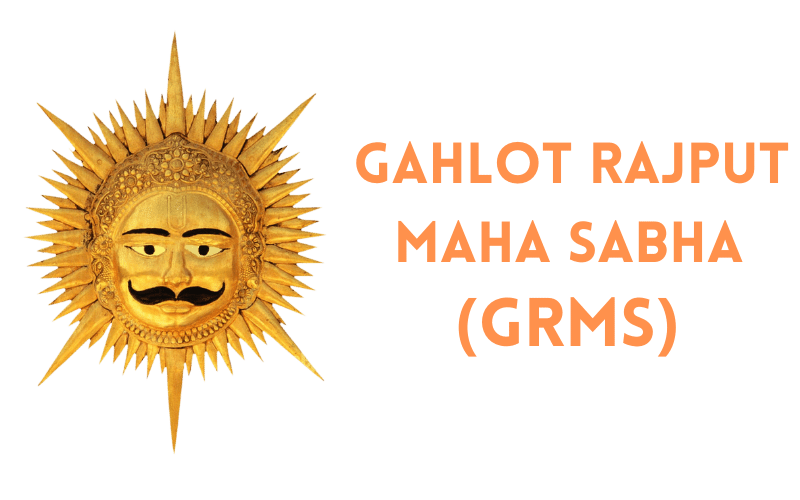A Rajput (from Sanskrit raja-putra, “son of a king”) is a member of one of the patrilineal clans of western, central, northern India and some parts of Pakistan. They claim to be descendants of ruling Hindu warrior classes of North India. Rajputs rose to prominence during the 6th to 12th centuries. Until the 20th century, Rajputs ruled in the “overwhelming majority” of the princely states of Rajasthan and Surashtra, where the largest number of princely states were found.
The Rajput population and the former Rajput states are found spread through much of the subcontinent, particularly in north, west and central India. Populations are found in Rajasthan, Saurashtra, Uttar Pradesh, Himachal Pradesh, Haryana, Jammu, Punjab, Uttarakhand, Madhya Pradesh and Bihar.
There are several major subdivisions of Rajputs, known as vansh or vamsha, the step below the super-division jati. These vansh delineate claimed descent from various sources, and the Rajput are generally considered to be divided into three primary vansh: Suryavanshi denotes descent from the solar deity Surya, Chandravanshi from the lunar deity Chandra, and Agnivanshi from the fire deity Agni. Lesser-noted vansh include Udayvanshi, Rajvanshi, and Rishivanshi. The histories of the various vanshs were later recorded in documents known as vanshaavaliis.
Beneath the vansh division are smaller and smaller subdivisions: kul, shakh (“branch”), khamp or khanp (“twig”), and nak (“twig tip”). Marriages within a kul are generally disallowed (with some flexibility for kul-mates of different gotra lineages). The kul serves as primary identity for many of the Rajput clans, and each kul is protected by a family goddess, the kuldevi.
Contribution of Rajput /Kshtriya of Mauritius in building the Mauritian community and Nation building within the 50 years are extremely outstanding. Be it in the social, religious, political and economical development field, we have left no stone unturned.
The Rajput/Kshtriya community was assigned the sacred duty of protecting the goodness and combatting the evils.
During the past 50 years we never expected anything. In return, we always sacrifice ourselves for the betterment of Mauritius. In fact, we believe in what we can do for our country.
We have the responsibility towards ourselves like for instance virtues, hard work, punctuality, following the right path, honesty and integrity.
186 years ago, our forefathers and mothers came to our island as indentured labourers and due to their hard work and sacrifices, our country has become a Paradise Island. That is why Mark Twain once said, ” Mauritius was made first, and then heaven; and then heaven was copied after Mauritius.”
We are grateful to our ancestors who encouraged us towards education and on top of that they helped us to learn Bhojpuri, Hindi and Sanskrit languages in baitkas. It is our duty to glorify our elders as they taught us to uphold our Vedic Dharma.
Dharmo Rakshati Rakshitah: Dharma protects them who protect it!
धर्म एव हतो हन्ति धर्मो रक्षति रक्षितः ।
तस्माद् धर्मं न त्यजामि मा नो धर्मो हतोऽवधीत् ।। – मनुस्मृति
Dharma Eva Hato Hanti Dharmo Rakshati Rakshitah |
Tasmaaddharmo Na Hantavyah Maano Dharmo Hatovadhit ||
मरा हुआ धर्म मारने वाले का नाश, और रक्षित किया हुआ धर्म रक्षक की रक्षा करता है
इसलिए धर्म का हनन कभी न करना, इस डर से कि मारा हुआ धर्म कभी हमको न मार डाले |

